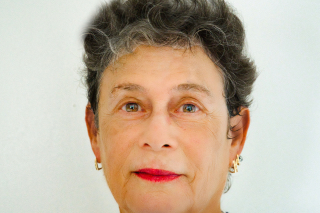

For gallery
click here
Psychotherapist and expressive arts therapist.

|
Somer, E. Somer, L. & Jopp, S.D. (2016). Childhood Antecedents and Maintaining Factors in Maladaptive Daydreaming. Journal of Nervous and Mental Disease. doi: 10.1097/NMD.0000000000000507
Somer, E. Somer, L. & Jopp, S.D. (2016). Parallel Lives: A Phenomenological Study of the Lived Experience of Maladaptive Daydreaming. Journal of Trauma and Dissociation doi: 10.1080/15299732.2016.1160463
Somer, L. (2015). The use of art therapy with women sexually abused during childhood, Keynote speaker, First conference of ESTD in Romania, Timisoara, Romania.
Somer, L. (2015). Working through traumatic memories with DID patients using art therapy, Keynote speaker, First conference of ESTD in Romania, Timisoara, Romania.
Somer, L. (2014). Reflection, transparency and mirroring: Glass as material in art therapy with a DID patient. Paper presented at the bi-annual conference of the European Society for Trauma and Dissociation, Copenhagen, Denmark, March 27-29.
Somer, L. (2012). Art therapy with survivors of child sexual abuse. Guest lecture, South Africa Association of Jungian Analysts, Cape Town, South Africa, September 18.
Somer, L. (2010). From silence to verbal expression through Art in therapy with a CSA survivor. Paper presented in the Second Bi-annual conference of the European Society for Trauma and Dissociation, Belfast, Northern Ireland, April 8-10.
|